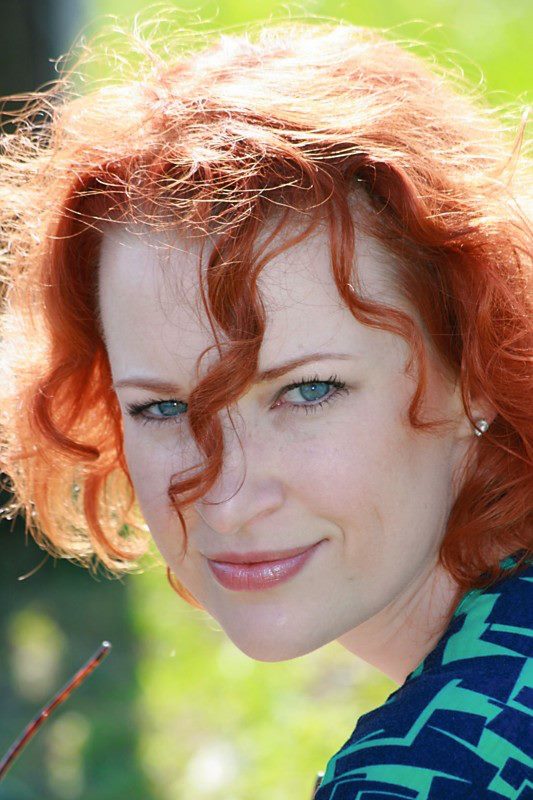

Why is guilt not a useful emotion for an ally? What is needed to move beyond guilt and into action?.As a non-Indigenous person, to what extent are you responsible for Indigenizing the curriculum? Why do you carry this responsibility? What cautions must you take as you work to support Indigenization?.Reflect on the Anne Bishop excerpt in relation to Indigenization: Guilt means taking on all the weight of history as an individual responsibility means accepting your share of the challenge of changing the situation. This involves learning to separate guilt from responsibility. Self-esteem does not have to mean distancing yourself from the oppressor role, it can come instead from taking a proud part in the struggle to end oppression. Having accepted that every member of an oppressor group is an oppressor, try not to feel that this makes you a “bad” person. Humility is the mark of someone who has gone a ways down the road and has caught a glimpse of just how long the road is…. In fact, the minute I hear someone claim to be free of the attitudes and actions of a certain oppression (as in “I’m not racist”) I know they have barely begun the process. It is an ongoing task, like keeping the dishes clean.

I do not believe anyone raised in Western society can ever claim to have finished ridding themselves completely of their oppressive attitudes. All members of this society grow up surrounded by oppressive attitudes we are marinated in it. No matter how much work you have done on that area of yourself, there is more to be done. It is ridiculous to claim you are not sexist if you are a man or not racist if you are white and so on. Remember that everyone in the oppressor group is part of the oppression. In Becoming an Ally : Breaking the Cycle of Oppression in People, activist, author, and educator Anne Bishop explains how a central aspect of being an ally is recognizing and being aware of one’s own role in a system of oppression.

The following is an excerpt from Pulling Together: A Guide for Curriculum Developers by Asma-na-hi Antoine, Rachel Mason, Roberta Mason, Sophia Palahicky, and Carmen Rodriguez de France.


 0 kommentar(er)
0 kommentar(er)
